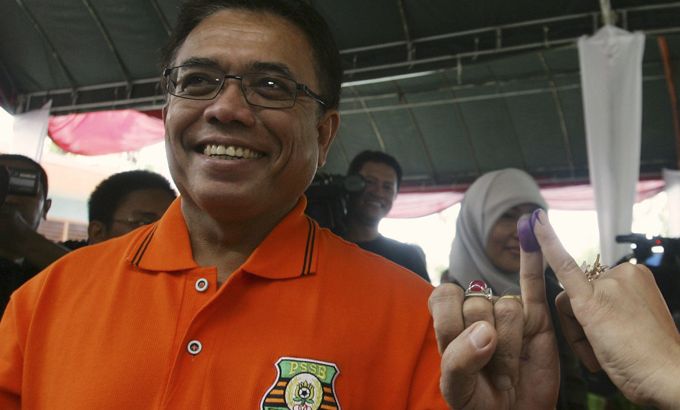Indonesians vote to elect new Aceh governor
Tsunami-devastated region holds elections, testing strength of peace deal between separatist fighters and government.

People in Indonesia’s western-most province of Aceh have voted for a new governor, testing the strength of a peace deal signed by separatist fighters and the government in the aftermath of the 2004 tsunami.
Five candidates, including incumbent Irwandi Yusuf, were on the ballot on Monday.
More than a dozen others ran for district chiefs and mayoral posts in simultaneous elections. Official results will be announced next week.
Aceh is the only region in the nation of 240 million to be ruled by Islamic law, sparking debate ahead of the polls as to how strictly it should be enforced.
But the main electoral issues were peace, stability and ways to ensure continued economic growth in a region devastated by the deadly tsunami, that left 230,000 people dead in a dozen countries – three quarters of them in Aceh alone.
The scale of the destruction prompted the authorities and fighters seeking a separate homeland to enter into a peace deal after years of conflict. The warring sides said they did not want to add to people’s suffering.
“I don’t care who wins,” said Teuku Sayed Azhar, a 32-year-old farmer, who lost his brother and dozens of friends and neighbours in the war that claimed more than 15,000 lives.
“That’s what matters most … that our lives can continue to improve.”
Main candidates
Yusuf, a former separatist who won the governorship in 2006, is running as an independent.
His main challenger is Zaini Abdullah, who has the backing of many former members of the Free Aceh Movement (GAM – the group that spearheaded the separatist struggle.
Each side has accused the other of intimidation.
“I will accept the result, whoever wins,” said Yusuf. “As long as the election is free and fair … that’s how it should be in a democracy.”
The election in Aceh, which has a population of more than 4 million, is being closely watched in part because its success in integrating former rebels into the political landscape is seen as a potential model for other countries.